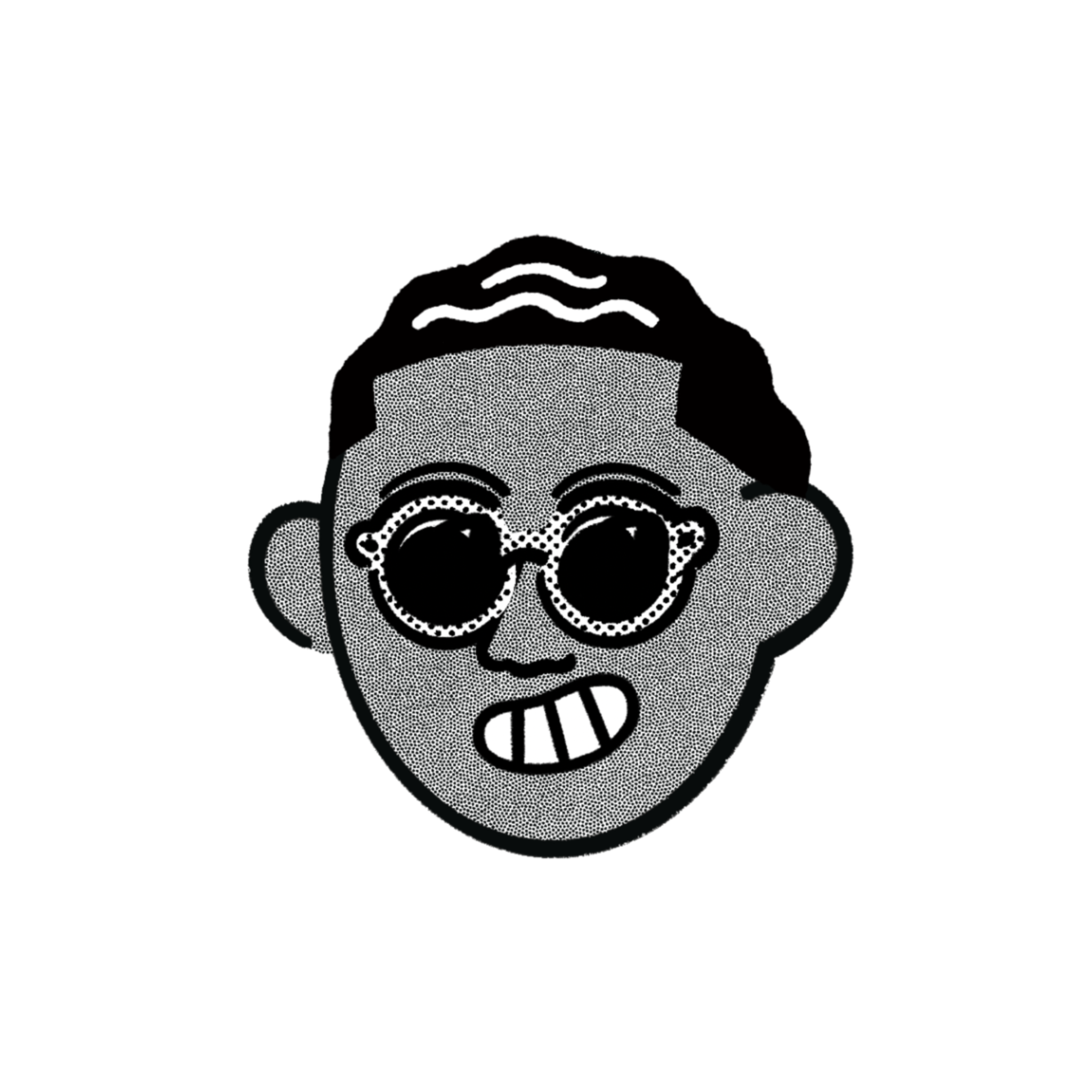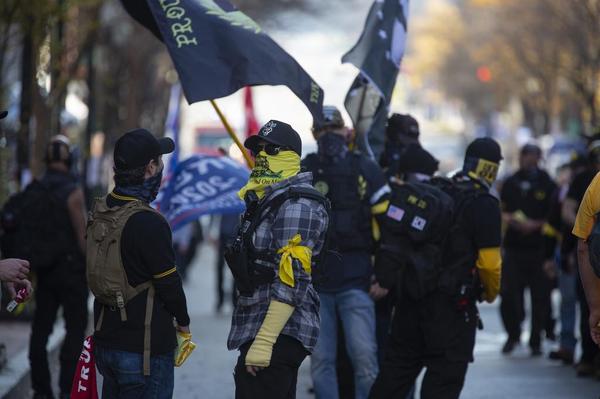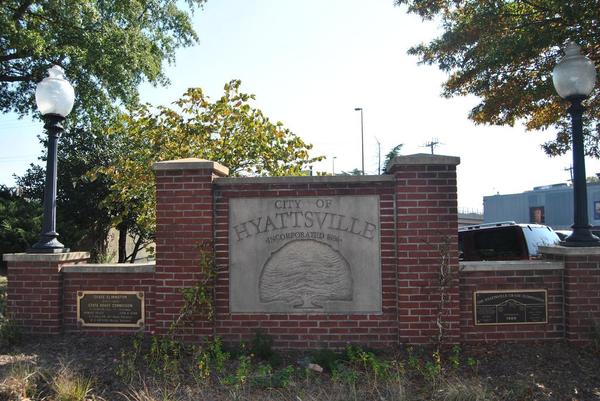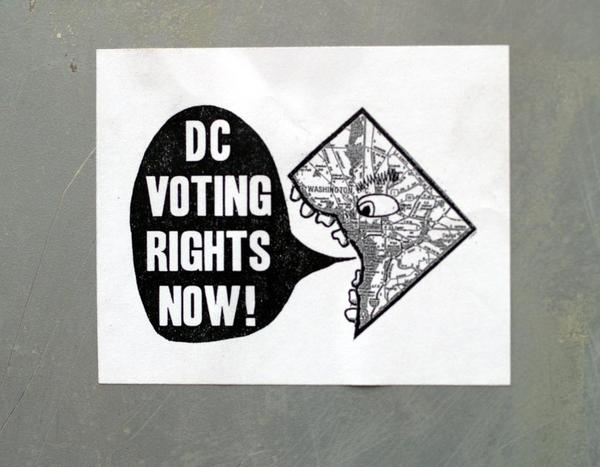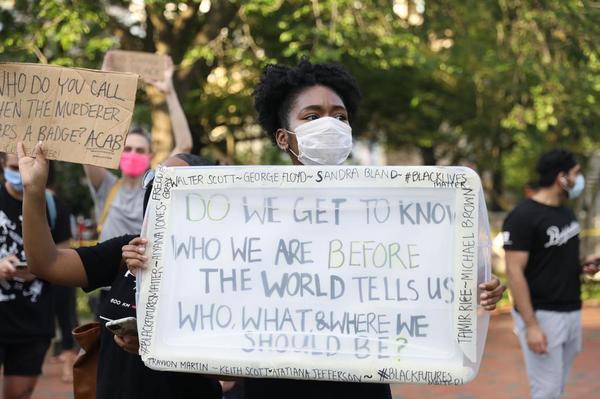
How a bank failure 150 years ago still shapes many Black Americans’ relationships to financial institutions
The Freedman’s Savings and Trust Company, also known as the Freedman’s Bank, was established in March 1865 by white abolitionists, bankers and philanthropists. According to the Treasury Department, the bank was created to “help develop the newly freed African Americans as they endeavored to become financially stable.” Within the first few years, the bank flourished, with 37 established branches and more than 100,000 depositors in total.However, the bank failed after less than a decade, due to a...
